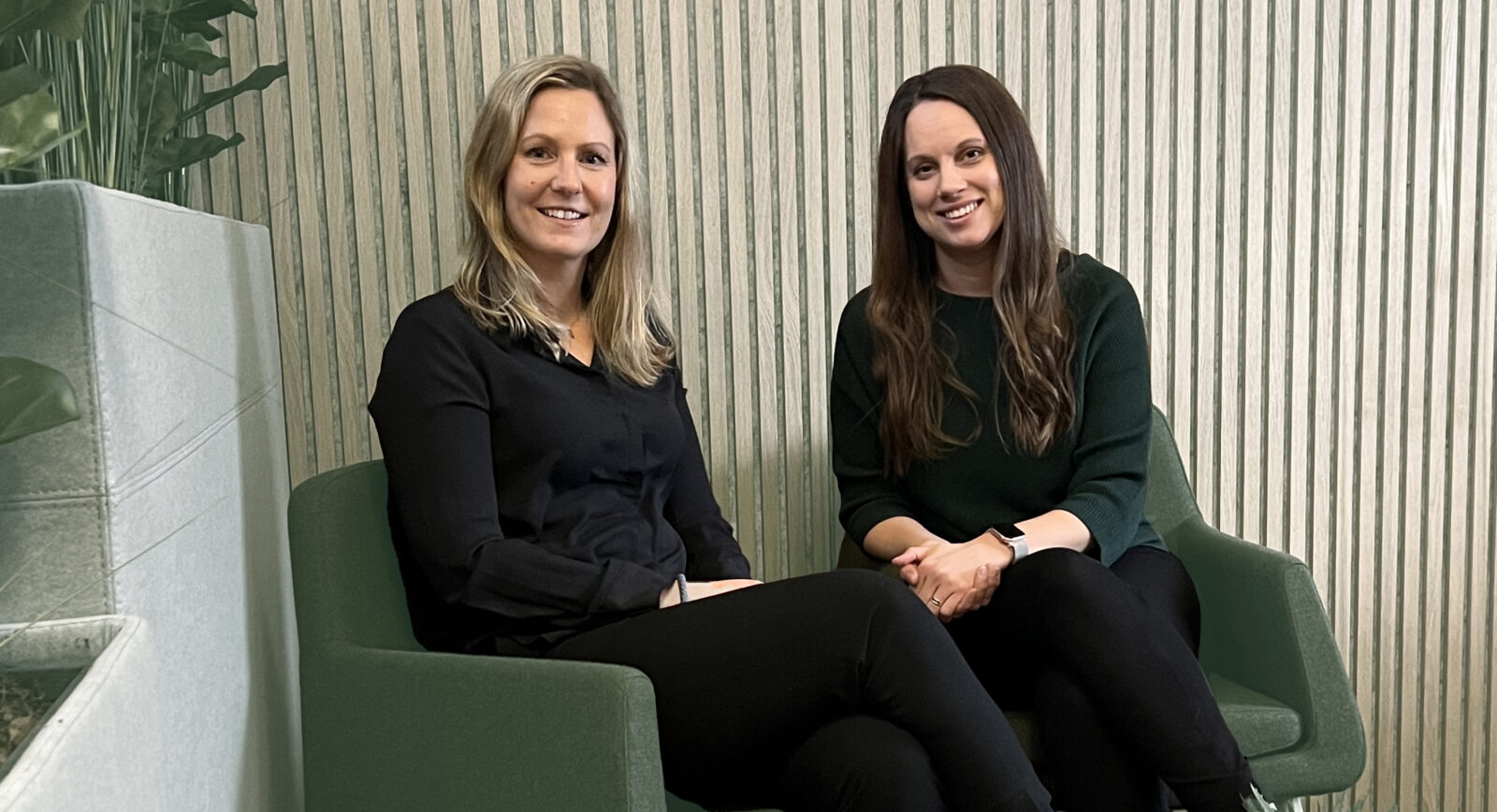In 2023, Sekab joined the rapidly growing climate movement, the Science Based Target Initiative, and had its own climate goals approved by external experts. The initiative is important both for Sekab as an individual organization and for Sekab as a part of others’ solutions to their climate challenges.
The climate goals set by world leaders under the framework of the UN will require enormous efforts, all the way from politics to individual actions, to be achievable. Companies have a particular role in the transition. To create both frameworks and sufficient progress, the initiative Science Based Targets was formed several years ago. There, companies set their own public goals for how much they will reduce their climate impact. Scientific experts then review the goals and ensure that they are in line with what is required to limit global warming to 1.5˚C. As of December 2023, 4200 companies have had their goals approved, and over 7000 have joined to develop goals.
For Sekab, as a company whose business idea is to help others reduce their climate impact through bio-based alternatives to fossil chemicals, Science Based Targets is a very important tool.
-Thanks to Science Based Targets, we can find partners in our value chains who are truly interested in both carrying their own weight and contributing to lowering our collective impact, says Eva-Marie Byberg, EVP and Head of Sustainability at Sekab.
Thanks to Science Based Targets, we can find partners in our value chains who are truly interested in both carrying their own weight and contributing to lowering our collective impact
Sekab is itself a smaller company that is already well advanced in its own climate work. For Sekab, emissions are clearly linked to two areas – energy and raw materials. The goals are set with 2021 as the baseline, and much progress has been made since then.
-We have replaced our vehicle fleet with electric cars, which has a significant impact in Scope 1. Our emissions there are already down to single digits. In the coming years, we will focus a lot on Scope 3, which for us primarily concerns raw materials, says Anna Olsson, Environmental and Sustainability Engineer at Sekab.
Sekab has set goals that have been approved both in the short and long term. Sekab will achieve net zero emissions in Scope 1 and 2 and reduce emissions in Scope 3 by 42 percent by 2030. By 2040, the company aims to have reduced total emissions in all scopes by 90 percent.
-It feels good that we now have our goals externally approved. Even for a company that is so far ahead, it will require hard work to achieve them. At the same time, our greatest contribution to the climate is to help others transition by offering bio-based alternatives to fossil chemicals. This is underscored even more by the methodology of Science Based Targets, says Eva-Marie Byberg.

